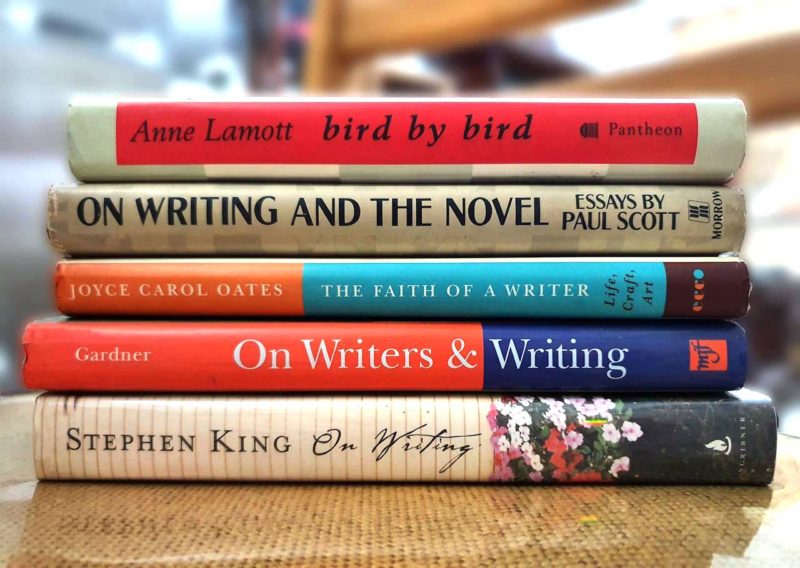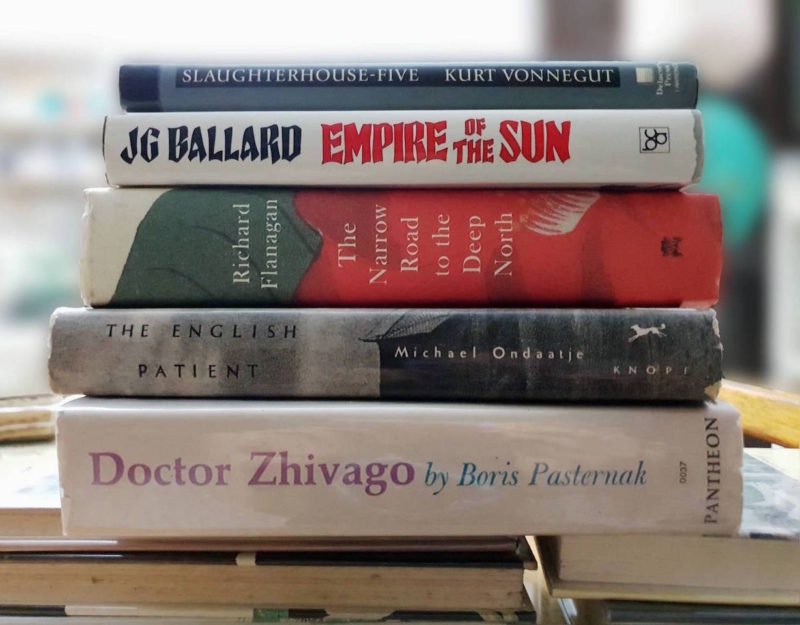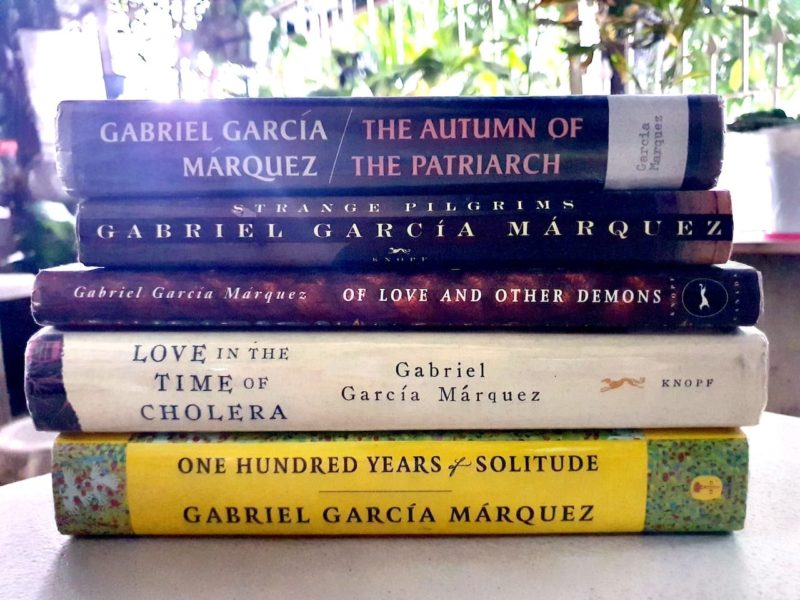The Assassination of Margaret Thatcher (2014)
Hilary Mantel wrote books in a variety of time periods and genres, but she was most recognized for her historical novels, particularly her Thomas Cromwell trilogy (Wolf Hall, Bring Up the Bodies, and The Mirror & the Light). Compared to the characters of those books, the narrators of this collection of mostly modern-day stories have much more subdued and unassuming personalities.
The stories in this collection will unnerve the reader in a delightful manner, whether they are about family strife, infidelity, or strange deaths—bearing all of Mantel’s hallmark qualities. All of these stories provide a glimpse into the dark recesses of the human psyche, whatever setting they occur in: in a small Saudi Arabian apartment, a neighbor’s home where something wrapped in a blanket is rolled out every afternoon on the patio, or a bedroom window where a hitman is on a mission to kill the Prime Minister.
Wolf Hall (2009)
A fictionalized account of Thomas Cromwell’s meteoric rise to power at the court of Henry VIII following the death of Thomas More, Wolf Hall spans the years 1500–1535 during the English Tudor era. The title may be a reference to the Latin saying “Man is wolf to man” (Homo homini lupus est), which historians think is about how Cromwell took advantage of political opportunities at the time.
One of Mantel’s writing idiosyncrasies in Wolf Hall is the frequent use of the word “he” without identifying who it refers to, which might be puzzling to the reader at first. Because the novel is written in third-person limited present tense, it takes a while for the reader to grasp that the story is mostly narrated from Cromwell’s point of view.
Wolf Hall is the first book of what Mantel officially called the “Wolf Hall Trilogy,” followed by its sequels, Bring Up the Bodies (2012) and The Mirror & the Light (2020). Both Wolf Hall and Bring Up The Bodies won the Booker Prize in 2009 and 2012, respectively, while The Mirror & the Light was longlisted for the prize in 2020.
Bring Up The Bodies (2012)
The second book in Hilary Mantel’s Wolf Hall trilogy, Bring Up the Bodies picks up where Wolf Hall left off in the imaginary life of Thomas Cromwell. Since Mantel so deftly sets up the universe of her story in this novel, even readers unfamiliar with Wolf Hall will be able to follow along and enjoy the story she presents here.
The story revolves around the circumstances that arise when the queen Anne Boleyn and her suitors stand trial for adultery and treason. As the story goes on, it becomes clear that Mantel’s Bring Up the Bodies gets its name from a legal phrase: “The order goes to the Tower. Bring up the bodies.” This is the command to court officials, telling them to bring to trial men who are considered already dead because they are accused of treason.
The Mirror & the Light (2020)
Events in the years following Anne Boleyn’s death in 1536 are the central focus of The Mirror & the Light. The novel stands alone as a complete story, and does not require knowledge of the prior books in the series. However, it improves upon its forerunners, just as Thomas Cromwell did with his own history.
The book’s title refers to one’s perspective on the same event which may change and evolve depending on where one is standing, and this metaphor alludes to that possibility. The historical Cromwell’s lauding of Henry VIII as a role model king provided the inspiration for the mirror and light metaphor.
The book recounts the events leading up to Cromwell’s public execution on Tower Hill in 1540, following his meteoric ascent to wealth and power and subsequent fall from grace with the king. The marriage between Henry VIII and Anne of Cleves, which he engineered and which ended in disaster, was the beginning of his downfall.
Further Reading
Hilary Mantel: By the Book by The New York Times
Why You Should Follow Hilary Mantel’s Writing Advice by Violet Daniels, Medium
Hilary Mantel, The Art of Fiction No. 226 by Mona Simpson, The Paris Review
‘The pen is in our hands. A happy ending is ours to write’: Hilary Mantel in her own words by The Guardian




